Darwin: Toward A Literate Literality
Today is Charles Darwin's 200th birthday. A good time to set the record straight.
There is nothing about what Darwin said or wrote that directly contradicts the accounts of creation in the Two Testaments of Hebrew Scripture. Darwin only contradicts one very narrow and incautious reading of one part of those Scriptures, while ignoring all the other relevant content in the same books of the Bible, and other sections of those writings as well.
The six "yom" (day/era) periods in the Genesis creation account are literarily impossible to translate definitively as being twenty-four hour days, when Genesis 2:4 uses the word "yom" (a single day) for the time in which the entire heavens and earth and all that is in them were created. One day cannot also be six - and therefore "day" is established definitively as being an "era" or "period of time" rather than the present sidereal 24-hour period also represented by the word. (We can leave aside for the time being the absence of an earth, sun, or moon during these periods - when a sidereal day would have been non-existent as yet.)
This being so, the idea there were periods of development of the differing contents of the seas, land and air - Darwin's assertion - is not even a stretch to faith in the literal text of the Scriptures: the same text that asserts the earth is a sphere suspended in the void of space, and that space has been and is stretching out rather than static (Job 26:7, Isa. 40:22), and numerous other scientifically proven facts.
Darwin's thoughts were not anti-God: they were cogent, and genuinely sensible.
Darwin found it incomprehensible that an all-benevolent Creator would directly construct a world in which wasps like the ichnumonidae would by intentional direct design of their Creator sting other creatures to paralyze them, lay their eggs inside the venom-paralyzed, still living and conscious bodies of those creatures, and the newly hatched young wasps would eat their way out of the still-living and conscious host. Darwin felt there must be an intervening process between direct creation and the existence of such an arrangement in Nature. Since none of us knows the process by which God in Genesis 2:7 "formed humankind from the dust of the ground" (not zapping us into existence from non-existence), careful Bible readers must allow that some process is at least possible, and beyond that, very likely. I have never been one of those people who believes the entire universe of scientifically observable phenomena (like the red-shift of the light waves from galaxies moving away from us) was put there by God as some kind of cosmic goof on us, to lead us away from truth. As Einstein said, "Raffiniert ist der Herr Gott, aber boshaft ist Er nicht." (God is enigmatic, but He is not malicious.")
I would like to offer a suggestion to anyone down on Darwin, whose opinion of him has been formed by anything other than direct exposure to his writings: read them.
You will find a charming, energetic intellect engaged with the broadest of themes as expressed by the minutest of details: and no trace of hatred of truth, righteousness, or offerings of alleged proofs against the possible existence of a Creator. You will meet a man in love with the existence of life and the mysteries of its development.
Truth is a friend of Scripture - and true science, no enemy.
There are many scientific problems with orthodox Darwinian theory, but the overarching view of life's origins on earth seems accurately informed by it on many, many levels.
Darwin's theory of "random mutation and natural selection" (the actual name of his evolutionary hypothesis) does not in any manner rebut the accurately-read Scriptural information on the same idea.
On this, Darwin's 200th Birthday, I want to affirm the value of his work; and that it is not only benign to a "literal" faith in Scripture's content, but in my view, quite supportive of it.
12 February 2009
